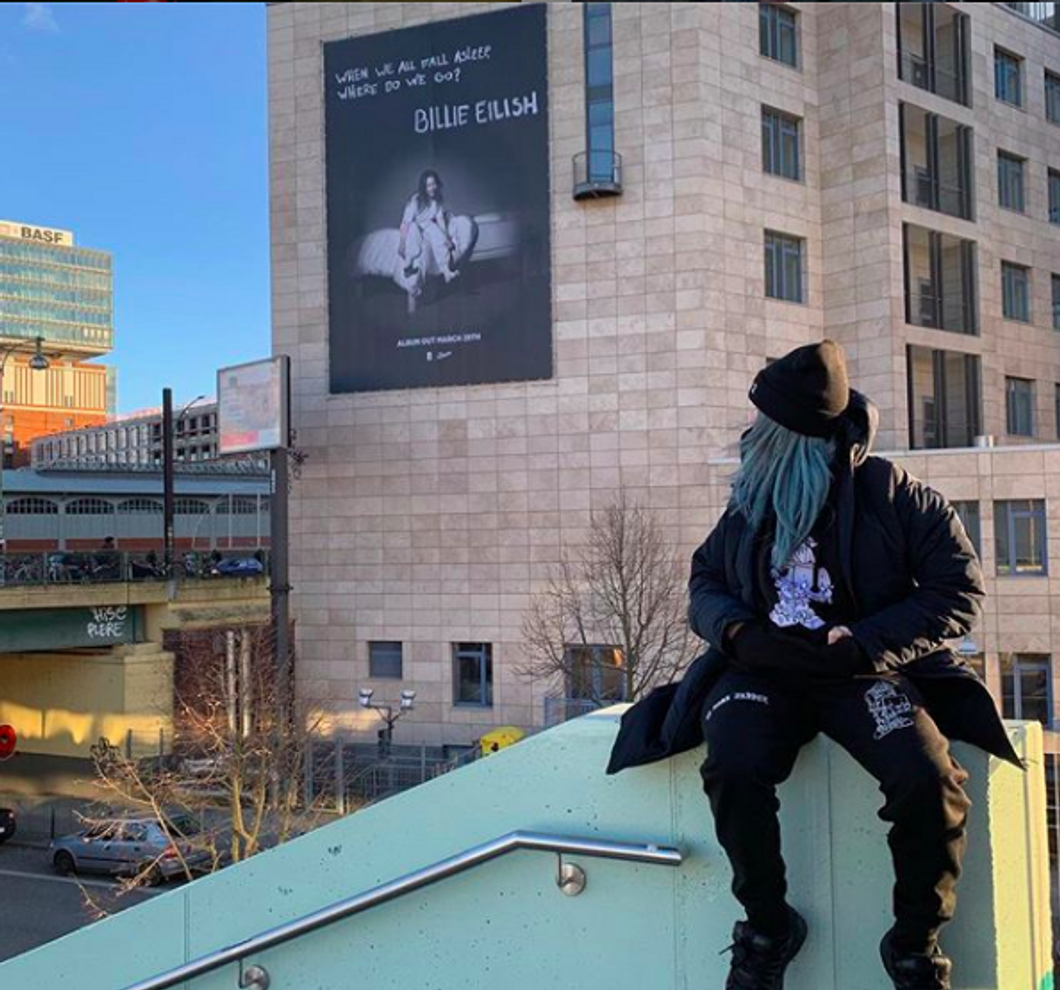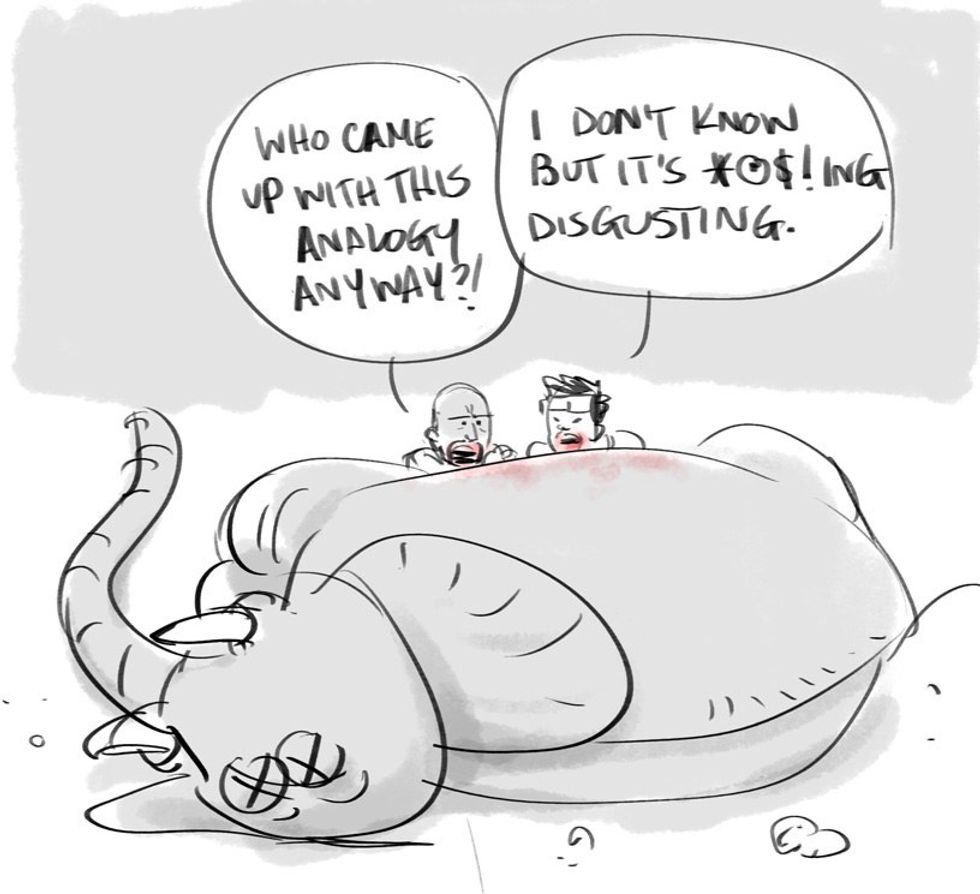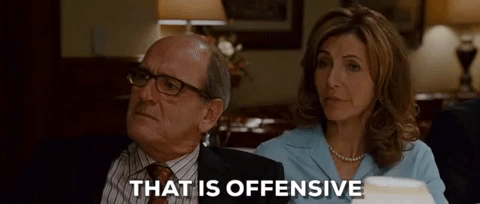I discovered Billie Eilish last night. I listened to her music and loved it. The lyrics seemed dark to me, but I loved her voice and her unique style of music, so I didn't think anything of it.
When I looked her up on Spotify, I was astonished by the number of monthly listeners she had: over 43 million. Yes, you read that right. 43 million.
How the heck did she gain such a following?
To answer my question, I went to Google. Most of the news articles about her were positive (she was a performer at Coachella!), but after some scrolling, I found an intriguing opinion piece on Pop Dust.
The title of the article was "Lana Del Rey, Billie Eilish, and the Sexist Backlash Against Female Sadness." The main point of this article is that we criticize women who are sad about being "too emotional," but we don't care when men sing about those things.
This might be sexist in the end. However, it's more important to think about our reactions. In general, why are we only commenting on women who are sad?
We should take everyone who sings about sadness seriously. We need to make sure we look at music about death and sadness the same way, regardless of whether the artist is a man or a woman.
It's real. It's raw. It's unsettling. And that's exactly why our responses matter.
Here is a quote that stands out to me from the article: "Why don't we feel the same pit of concern when Lil Peep sings about suicidal ideation?"
Lil Peep shared music about depression and suicide. Billie Eilish hints at those topics in her music.
With an increasing number of artists being more open about their emotions, we shouldn't criticize them just for doing it. There's nothing inherently wrong with them sharing their experiences. However, we should be critical of them.
We need to think about what we are listening to, hope that the artists get help for their problems, and monitor how it makes us feel.
We have to remember that art is meant to express emotion and that the mental health of celebrities is largely out of our control. However, we can play a part in making sure that people understand that music about sadness is not meant to glamorize anything dangerous or self-destructive.
There is nothing wrong with Billie Eilish's music, but the concern about glamorizing mental illness is legitimate. With mental illness becoming more prevalent around the world, it is our responsibility to pay attention to how this music makes us feel.
We can criticize Billie, but in the end, she's just sharing her emotions through her music. What matters is how we react to the emotions her music creates.
Young people who listen to her music might not know how to respond yet.
So, I think the solution to this problem is quite simple. I think Billie should understand that she has a responsibility to combine her music with education. I am hoping that Billie gets involved in mental health advocacy and education, but we'll see.




 Photo by
Photo by  Photo by
Photo by 
 Photo by
Photo by 





















